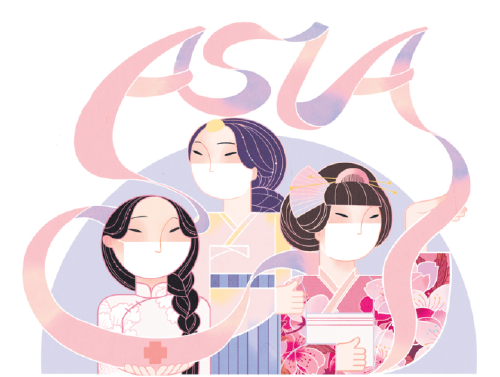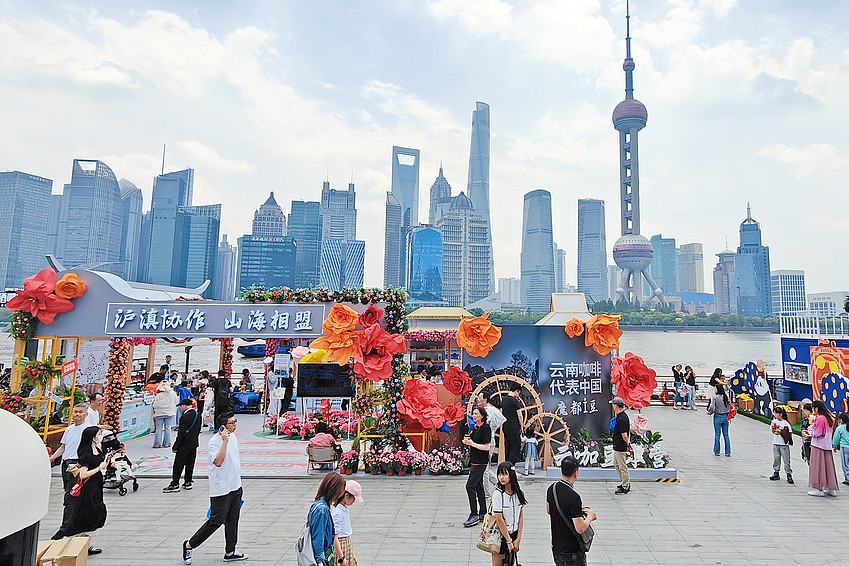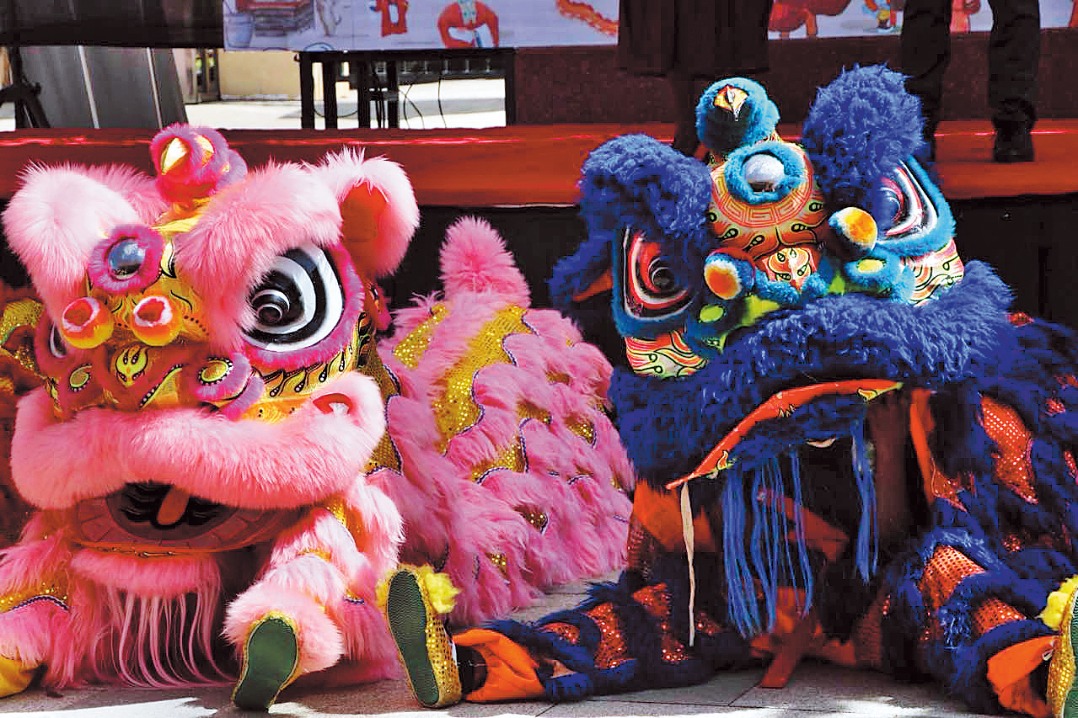Pandemic highlights the importance of Asian values


The fight against the novel coronavirus pandemic has highlighted the importance of "Asian values" even as different countries take different measures to contain the spread of the virus. Perhaps the term Asian values was first used in the context we know it today by the former prime ministers of Singapore and Malaysia, Lee Kuan Yew and Mahathir Mohamad respectively, in the early 1990s based on the geographic proximity and similar history of many Asian economies. At that time, the Four Asian Tigers-Hong Kong, Singapore, the Republic of Korea and Taiwan-impressed the world with their high-speed economic growth rates.
The economic success of the four Asian economies gave rise to the concept of Asian common values and consciousness, which were different from the Western concept about regions, because the West, despite being the dominant force in global historical studies, was unclear about regional classifications and their attributes.
Although the 1997 Asian financial crisis undermined the importance of Asian values, the new millennium revitalized Asian values as emerging Asian economies such as China and India prompted the world to focus attention back on Asia. In May 2019, China held the Conference on Dialogue of Asian Civilizations to pursue harmony and mutual enrichment with the diverse civilizations of Asia.
And now Asian countries' fight against and efforts to build efficient international coordination and national responses to the global public health crisis have once again turned the global focus on Asian values. By contrast, some Western countries, by pointing fingers at Asian economies in the early stage of the pandemic, missed their opportunity to prepare to prevent the spread of the virus in the West.
Collectivity, national interests, family, harmony and symbiosis, which are part of Asian values, have played a vital role in Asian countries' fight against the virus. In many Asian countries, including Singapore, China and the ROK, the governments have played the leading role in containing the outbreak.
People in Asian economies accepted the governments' measures which among other things made wearing face masks and staying at home, even self-quarantine, mandatory. Communities and families played a fundamental role in making the self-quarantine and lockdown measures a success. And multilevel mobilization of resources ensured that vulnerable groups, including senior citizens, received proper care and medical treatment.
The emphasis on harmony and symbiosis in Asian values has helped individuals and groups to better combat the coronavirus outbreak.
As such, the use of Asian values can help improve global governance. Even before the pandemic broke out, a rising tide of anti-globalization, including the United States' "America first" policy, had undermined the global governance system. Worse, amid the pandemic, protectionism and nationalism have increased, along with racism and xenophobia, particularly toward people of Chinese and Asian origin.
Fortunately, the pandemic has made more and more countries, including Western countries, realize the importance of international cooperation. Asia's influence in the international community has been growing, not least because it has a huge population and therefore a huge market. And thanks to Asian values, the Asian economies have contributed comparatively more to the improvement of global governance.
The novel coronavirus is the common enemy of all human beings, so all countries and people should help each other in the fight against the outbreak. In these hard times, Asian civilizations' philosophy of harmony, symbiosis, unity, and win-win cooperation has emerged as a facilitator of understanding and joint action.
As non-traditional security and global governance challenges, including the threat of pandemics and natural disasters, grow, Asian values can promote peaceful co-existence, mutual trust and understanding, and joint action against a common enemy for the betterment of humankind.
The author is the director of the Center for Australian Studies, China University of Mining and Technology. The views don't necessarily represent those of China Daily.


































